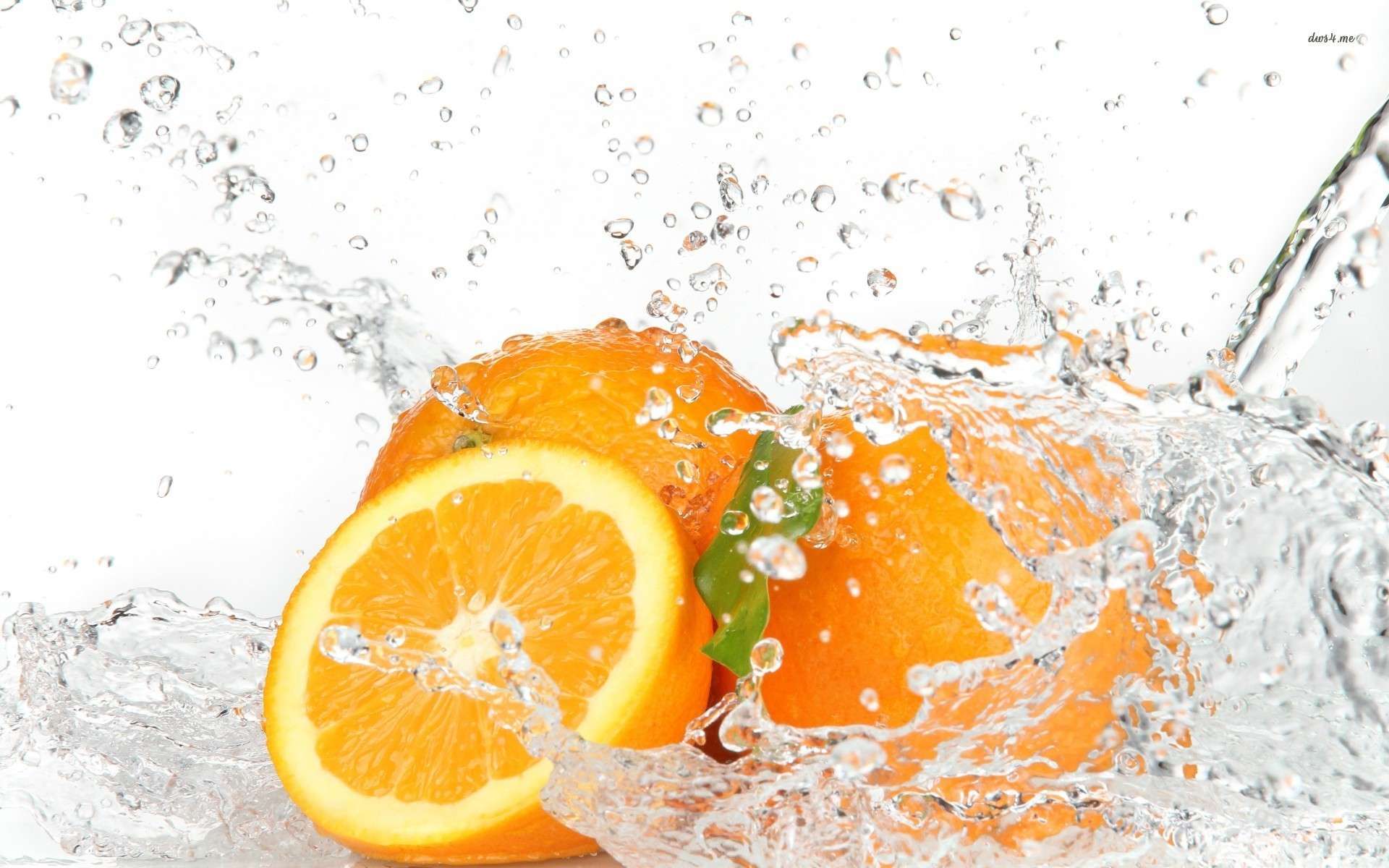



Citric acid is common in foods. It's both naturally occurring and a common additive that serves as a flavoring agent and preservative. Your cells also make citric acid.
The citric acid you consume is neither good nor bad for you, and the citric acid you make is essential to life.
Citric acid is a small molecule that consists of carbon, oxygen and hydrogen. It's acidic, and this is what gives it both its flavor and its preservative properties. Acids taste sour, and they help prevent bacterial colonization of foods. Citric acid is often confused with ascorbic acid -- vitamin C -- because they occur in many of the same foods. Unlike vitamin C, however, you don't need to consume citric acid to maintain normal cell function.
The citric acid your cells make isn't bad for you. Instead, it's an essential intermediate molecule in the production of energy from energy-providing nutrients -- proteins, carbohydrates, and fats -- that you consume. When you eat energy-providing nutrients, you use them to make citrate -- the biological form of citric acid -- which you then break down to produce energy. Making citrate is an essential part of this process, however. You can't replicate the effects of citrate made by the cells with citrate you consume.
You consume citric acid that occurs naturally in foods anytime you eat citrus, but it's in certain other fruits and vegetables as well. Citric acid is also a common food additive because it has a sour flavor and is used as a flavoring agent. You take up citric acid that you consume into the bloodstream, but most of it simply passes from there into your urine and is excreted from the body.